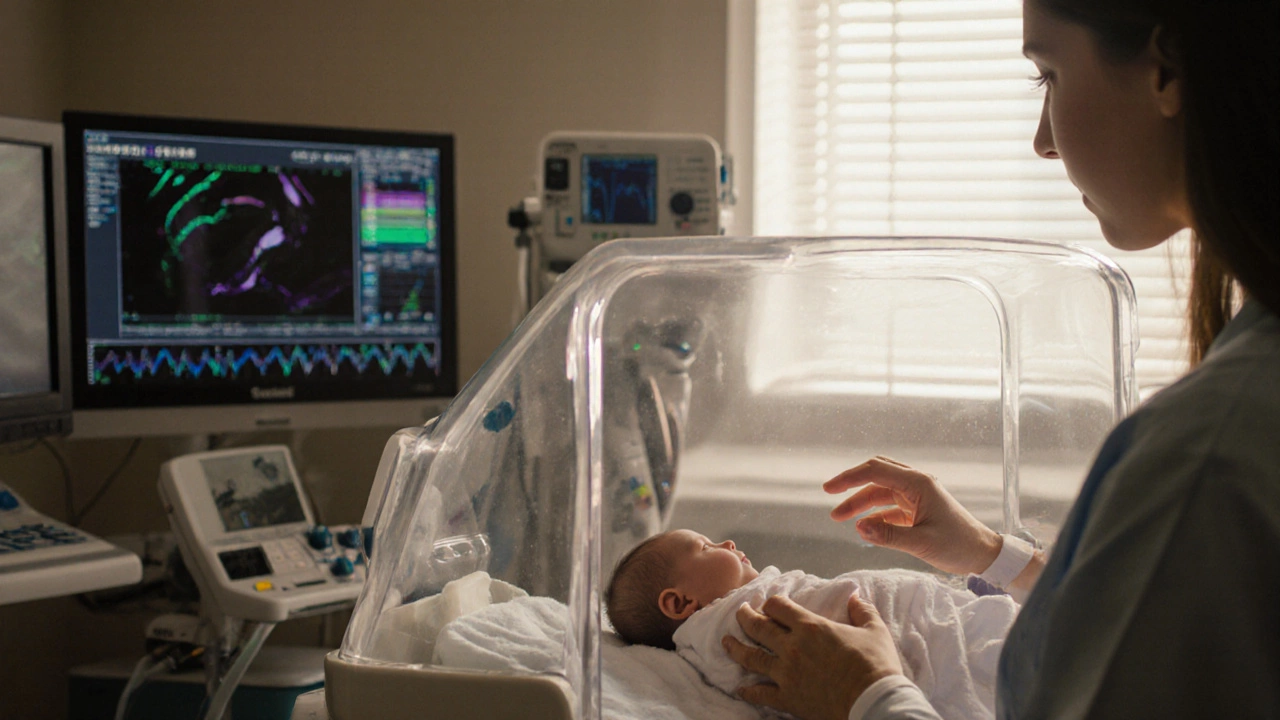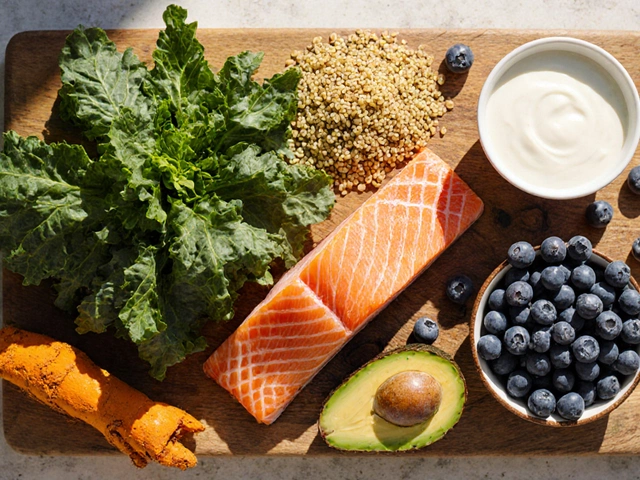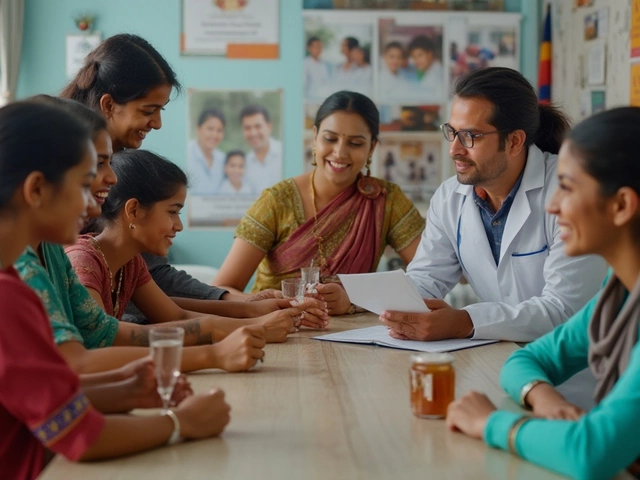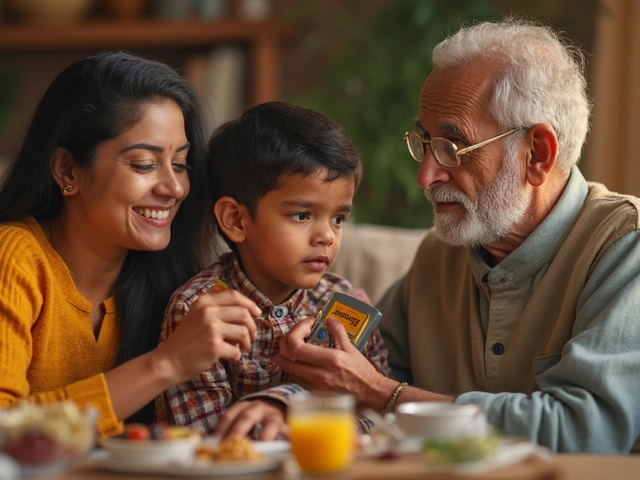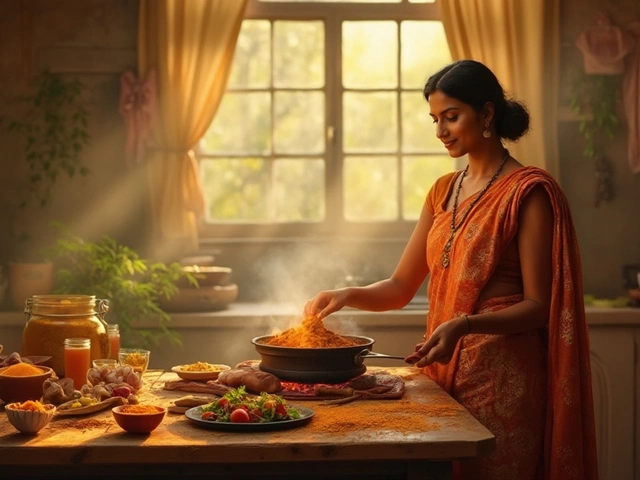Are IVF babies healthy? Latest research shows they are just as healthy as naturally conceived children, with only minor differences tied to parental age and multiple births - not the IVF process itself.
Read MoreIVF Babies Health: What You Need to Know About Their Development and Long-Term Well-Being
When it comes to IVF babies health, the physical and developmental outcomes of children conceived through in vitro fertilization. Also known as assisted reproduction children, it’s a topic surrounded by myths, fears, and too much guesswork. But the truth? Most IVF babies grow up just as healthy as kids conceived naturally. Large-scale studies from the U.S., Europe, and India show no major difference in birth defects, cognitive development, or chronic illness rates between IVF and naturally conceived children.
That said, there are small, measurable differences you should be aware of. IVF pregnancies have a slightly higher chance of being premature or resulting in low birth weight—mostly because multiples (twins or triplets) are more common in IVF. But even that’s changing. With single embryo transfer becoming standard in top clinics across India, the risk of multiples has dropped sharply. And when you control for prematurity, the health gap nearly disappears. IVF children development, the physical, emotional, and cognitive growth patterns of children born through fertility treatments follows the same trajectory as any other child—once they’re born and past the first few weeks. Regular check-ups, good nutrition, and early stimulation matter just as much as they do for any kid.
Fertility treatment outcomes, the long-term results of IVF and other assisted reproductive technologies on child health and family well-being are now tracked closely in Indian hospitals. Clinics in Delhi, Mumbai, and Bangalore keep detailed records. What they find: IVF kids score just as high on school tests, social skills, and emotional resilience. Some studies even suggest they get more focused attention from parents—maybe because the journey to conception was harder. That extra care might actually be a hidden advantage.
What about long-term risks? The biggest concern people have is cancer or hormonal issues later in life. So far, no solid evidence links IVF to higher cancer rates. A 2023 study tracking over 10,000 Indian IVF children into their teens found no spike in tumors or metabolic disorders. The same goes for puberty timing and fertility in adulthood—no red flags yet. Of course, science is still watching. But after 40+ years of IVF use worldwide, the data is reassuring.
If you’re considering IVF or already have an IVF baby, focus on what you can control: prenatal care, avoiding smoking and alcohol during pregnancy, and sticking to pediatric check-ups. Don’t waste energy worrying about whether the method of conception will define their health. It won’t. IVF babies health isn’t about how they were made—it’s about how they’re raised.
Below, you’ll find real stories from parents who’ve been through IVF, expert breakdowns of the latest Indian medical guidelines, and clear answers to the questions no one talks about—like whether IVF kids need special supplements, if they’re more prone to allergies, or what to do if they’re not hitting milestones on time. All of it, straight from clinics and families in India.
